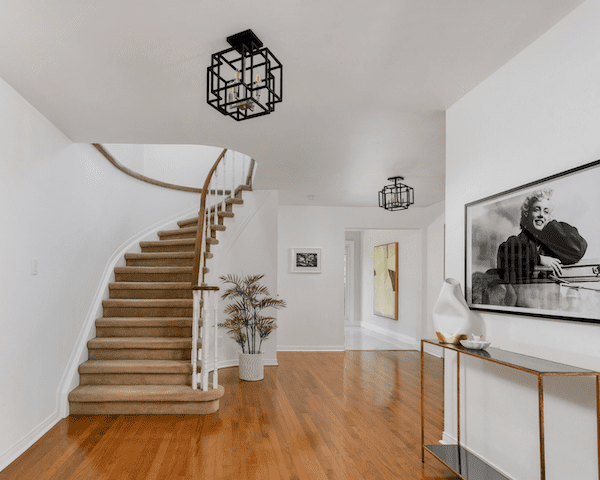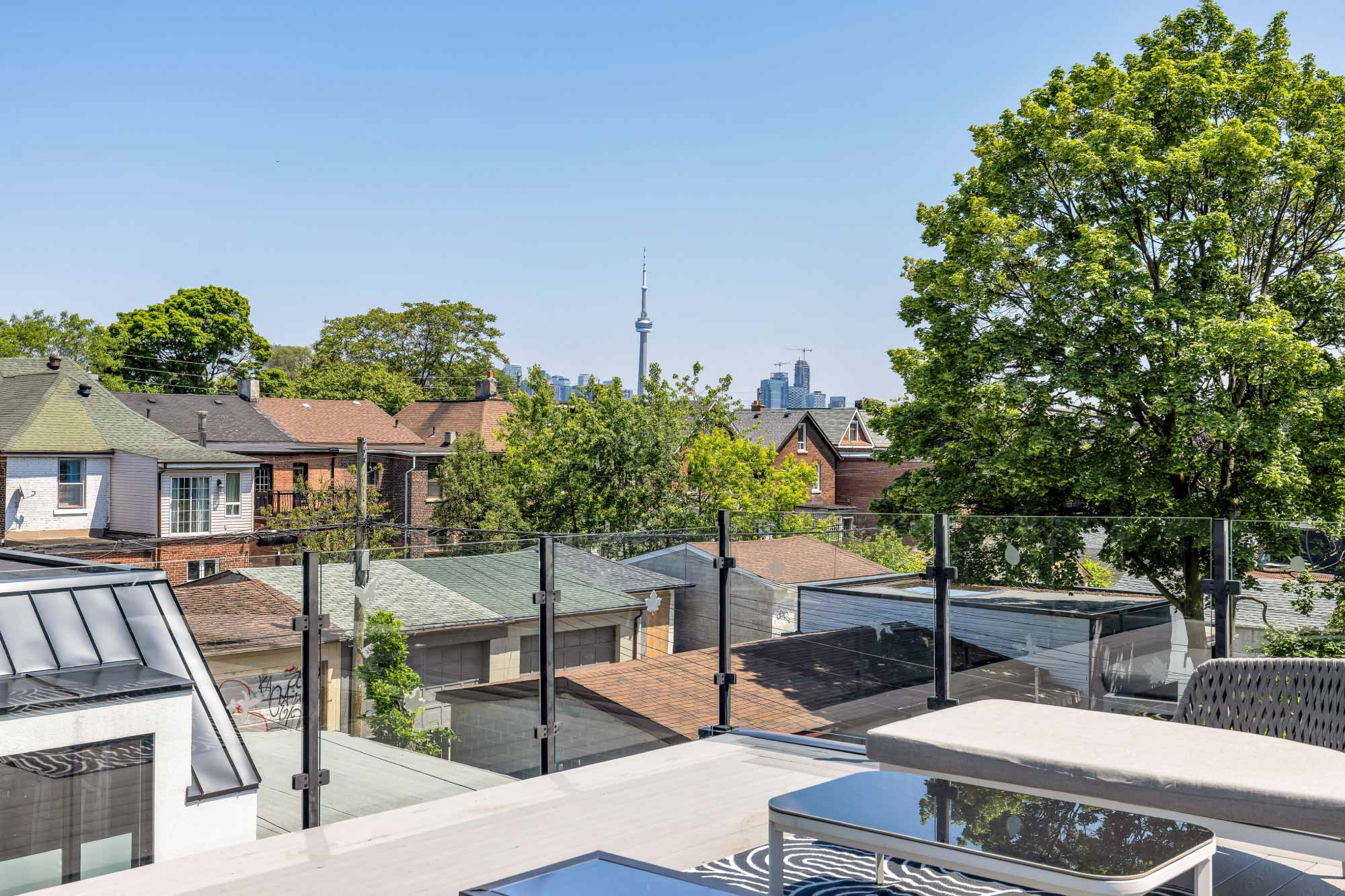After over two years of bidding wars and skyrocketing housing prices, the words “buyer’s market” are a welcome relief to everyone considering purchasing a new home. What does this really mean, however, and do the numbers support it?
Officially, a buyer’s market occurs when there are more listings than people willing to buy them. In other words, it’s the exact opposite of what we have seen for years. If you’ve been scanning the headlines over the last few weeks, you might be wondering if it’s too good to be true. Looking at the cold hard numbers may not be exciting, but having the facts will help you succeed with your next step.
Want to know more about buying or selling in Toronto? Here are some other helpful posts:
- 5 Up And Coming Neighbourhoods In Toronto
- Ready To Downsize? The Timing Just Got Better
- Tips To Make Your Home Appeal To Younger Buyers
Here’s What a Buyer’s Market Looks Like On Paper
- There are at least six months of inventory available. Months inventory means how long it would take to sell every listing based on the current sales activity. At one point, less than 2 weeks’ worth of inventory was available, indicating a red-hot market. Today, we are up to a little over 3 months’ worth.
- Average days on the market. At the peak of the housing boom, most listings sold within 7 days at most. In April, the average number of days on the market increased to 11. In May, it crept up to 12 days.
Homes are still selling but not as fast, which is a definite sign of a cooling market.
What About Pricing?
Housing prices are the most significant indicator of what kind of market we are in. During a hot seller’s market, prices go up as buyers compete for fewer listings.
- In March, the average price for a detached home in Toronto reached an incredible $1,920,028. Condos were a little more affordable at an average of $831,351.
- In May, the average price of a detached home slipped slightly to $1,914,890. The cost of a condo now stands at an average of 793,124.
The average list price slipped slightly month-over-month but is still higher than last year. However, the listing price tells only one part of the story.
What matters is the price you actually pay.
During the peak of the housing boom, buyers had to bid way over the listing price, sometimes hundreds of thousands of dollars more, to land their house.
Now, you can often buy a house at the list price, if not a little less.
By the numbers, we are not in a true buyer’s market, at least not yet. If anything, we are trending towards a balanced market, where buyers and sellers are roughly equal. However, if things continue, we could be looking at a buyer’s market at some point soon.
How To Respond To A Shifting Market
Experts can predict a further slowdown but have been wrong in the past. As the pandemic hit, many analysts predicted the real estate market would crash as the rest of the economy stalled. Now we know how wrong they were.
The lesson is that no one can predict what will happen next. Too many factors are at play, and the market can turn quickly. Make your decision based on current conditions and your financial situation rather than on what the market may do. Here are some tips for setting yourself up for success no matter what the market is doing.
How Sellers Can Succeed In A Slower Market
- Set your expectations based on what the market is doing now, not what it was. Many homeowners are trying hard to sell at January and February price points, which is the worst mistake you can make. Setting your price too high discourages buyers from even looking at your home. And the longer your listing stays on the market, the more likely you will have to reduce your price, which can ultimately cost you.
- Accept that selling your home may take longer. In this market, you may not receive multiple offers, and your home almost certainly will not go into a bidding war.
- Making your home appealing to buyers is more important than ever. The more interest you generate, the more likely you will get a better price for your home. You can add value by cleaning and decluttering thoroughly, staging and updating your curb appeal.
Here are some more articles to help you stage your home beautifully:
- 6 Design Trends That Are Making A Comeback in 2022
- Very Peri: How To Use The Pantone Colour Of The Year In Your Decor
- 5 Reasons You Should Stage Your Home To Sell
Tips For Buyers In A Shifting Market
Some people are disappointed that housing prices aren’t lower, given all the talk about a buyer’s market. There is still enough demand to keep prices high, even if they have gone down since February.
Should you wait to buy a home to see if prices go down even further? Many buyers have stepped back to wait it out, but this could be risky. Prices might fall even more, but interest rates are increasing. If the market picks back up, you could end up paying a lot more. This is the best time to be a buyer than it has been in a long time. If the time is right for you, these tips will help you get the best results.
- Talk to a mortgage broker to get the best possible interest rate. A variable-rate might save you in the long run. Even though interest rates have increased, they are still relatively low. Depending on your risk tolerance, you may choose a fixed rate to guard against further increases.
- Look at multiple homes before placing offers. This wasn’t even an option a few months ago when there were very few listings. Now, you have options and can afford to take more time to choose a house that is suitable for you.
- Save as much for a down payment as you can. The more you can put down upfront, the lower your monthly payments will be, and the less interest you will pay over time.
In a normal market, a local real estate agent can guide you, whether you’re buying or selling. In a shifting market, expert advice becomes even more critical to help you get the best possible terms from your transaction.
If you have questions about buying or selling in this changing market, we can help! Reach out to us here to set up a complimentary meeting with no obligations.

Meet The Team
See how our dynamic duo leads a smart strategy to help you sell your Toronto home for top dollar.









